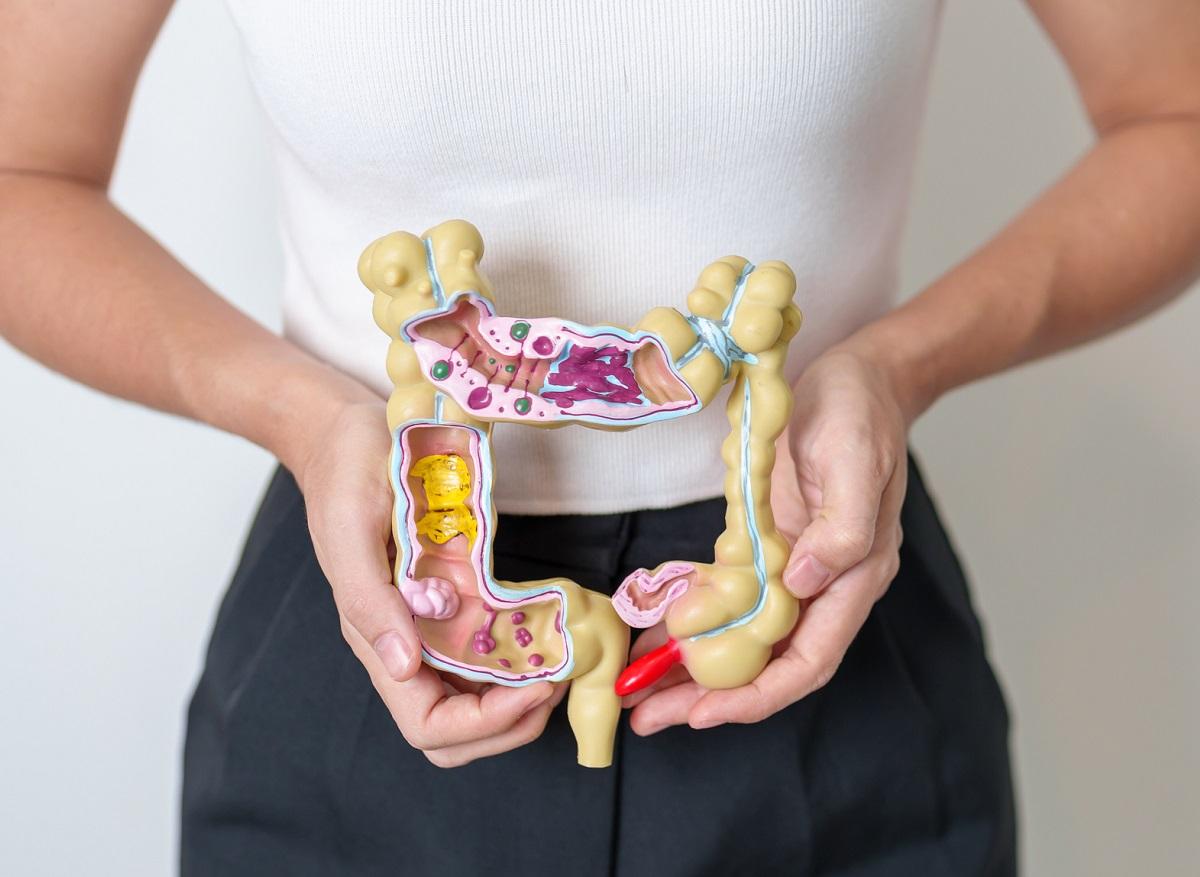Some mild salmonella digestive infections, which do not require treatment, can actually have devastating long-term effects on our intestines. This is the conclusion of a study carried out over more than 8 years.

From petty food poisoning to deadly chronic intestinal inflammation, it’s not just a step, but there is a real connection. According to a study published by the Sanford Burnham Prebys Medical Disvorery Institute in the journal Science, repeated infections can indeed cause colitis (inflammatory bowel or colon disease) which can be fatal.
However, initial food poisoning may not require treatment and will heal on its own. A priori, nothing serious.
A “progressive” and “irreversible” disease
“We observed the appearance of a progressive and irreversible inflammatory disease caused by the repetition of previous infections, which was quite surprising (…)”, comments Won Ho Yang, one of the study’s authors.
Progressive, and for good reason. The study lasted almost eight years. Researchers have developed a model of human-like food poisoning in healthy mice.
Each mouse received a dose of bacteria type Salmonella, responsible for salmonellosis, one of the main infectious diseases of food origin. The dose of salmonella was very low. No symptoms, no danger of death. However, inflammation appeared and increased in all of the mice over the course of the repeated poisoning. All of them, without exception.
The researchers also found that even by stopping causing these infections, the inflammation did not go away. The damage was done. Inflammatory disease of the colon and intestine was launched.
More infections than you think
Where researchers are concerned is that they estimate the number of this type of light salmonella infection to be much higher than it appears.
Very often without great consequence, and resolved in one or two days, a food poisoning with salmonella does not necessarily result in a visit to the doctor.
Very many cases are therefore never diagnosed. And some people multiply the infections, without realizing the consequences on their colon, or their intestines.
This worrying but major discovery could shed light on other inflammations, such as chronic inflammatory bowel disease (IBD), Crohn’s disease or ulcerative colitis. Their origins are still unknown.


.

















